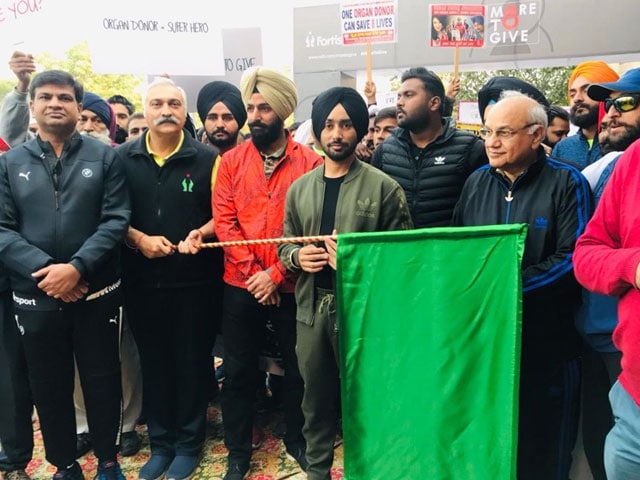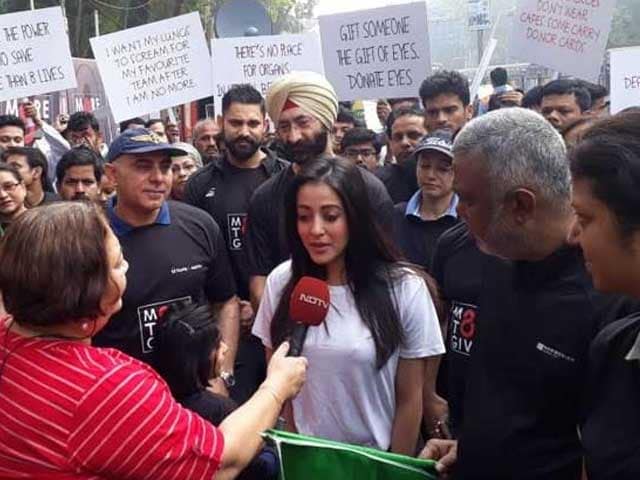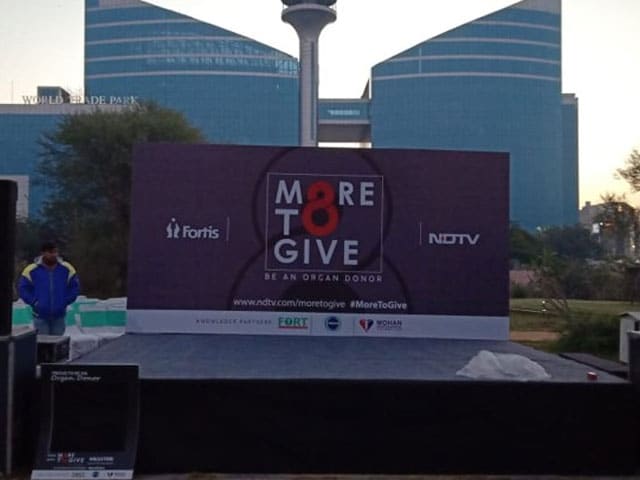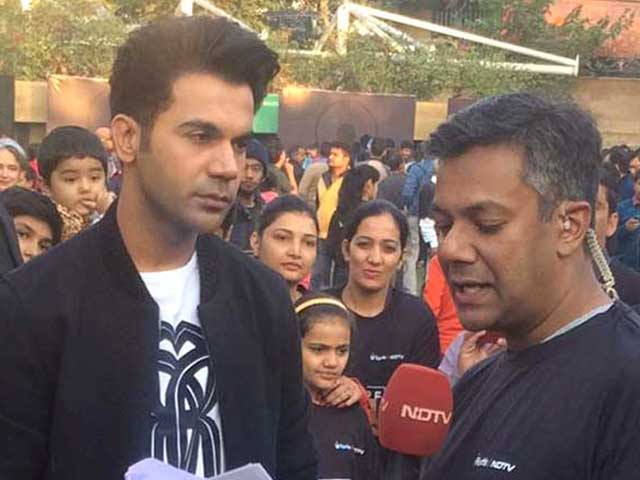
Highlights
- ROTTO has requested organ donation be a part of Bengal’s medical syllabus
- The proposal has been sent to the WBUHS Vice-Chancellor
- Nearly 2,500 doctors graduate from West Bengal every year
New Delhi: Organ donation in India remains a sensitive and complicated space, as both the infrastructure for successful organ donations as well as the awareness about it, remains relatively low. India’s abysmal organ donation statistic of 0.8 people per million is largely blamed on poor infrastructure availability that facilitates donation of organs. Awareness related to donation of organs and tissues in India is woefully low. While campaigns on behalf of hospitals and NGOs have made subtle differences in the organ donation scenario in India, the overall scenario largely remains grim.
The role of doctors in propagating the importance of organ donation is undeniable. From busting organ donation myths to sensitising patients about the necessity of donating organs, doctors can play influential roles to steer the organ donation movement on the right track. Anticipating how influential the role of doctors could be in the movement, the Regional Organ and Tissue Transplant Organisation (ROTTO) has requested the West Bengal University of Health Sciences (WBUHS) to include organ donation as a part of its syllabus for potential doctors pursuing MBBS. The proposal has been sent to the WBUHS Vice-Chancellor for consideration.
As numbers indicate, organ donation awareness in India is still in its nascent stages. The several complications related to donation of organs, the misinformation and issue of consent, need to be handled sincerely and with sensitivity.
Doctors can definitely be an asset when it comes to spreading awareness on a topic as important as organ donation. In hospitals situated in remote corners, doctors can encourage people to become organ donors and help break down taboos which have existed for years. But for this process to become a success, doctors must themselves have adequate knowledge of organ donation, said Dr Arpita Ray Chaudhury, Joint Director, ROTTO West Bengal.
Nearly 50,000 students complete their MBBS every year in India, and roughly 2,500 of them are from West Bengal alone. A section on organ donation will acquaint young doctors with the concepts of retrieving organs, brain death, organ transportation and legalities surrounding organ donation. Sensitisation of the medical fraternity will inevitably translate into sensitisation of patients, convincing more of them to donate their organs.
It is important for doctors across specialisations to know about organ donation and how the whole system of donating organs functions. If a doctor is well-versed with the process of organ donation, he or she can guide patients on how to go about donating organs. Given the state of organ donation in our country, sensitised doctors will be a huge asset, said Dr Alpana De Bose, Head, Department of Anatomy, RG Kar Medical College.
To take the proposal forward, ROTTO plans to begin a signature campaign in which signatures from each head of department will be collected supporting the proposal. The group will also approach the Medical Council of India if required, to see that the proposal actually goes through and organ donation indeed becomes a part of West Bengal’s medical studies syllabus. While no definitive timeframe has been decided on the proposal, the collated signatures will be submitted to the Vice-Chancellor by the end of November.
Also Read: Why India Should Step Up And Donate Organs For Patients Waiting In The Dark









